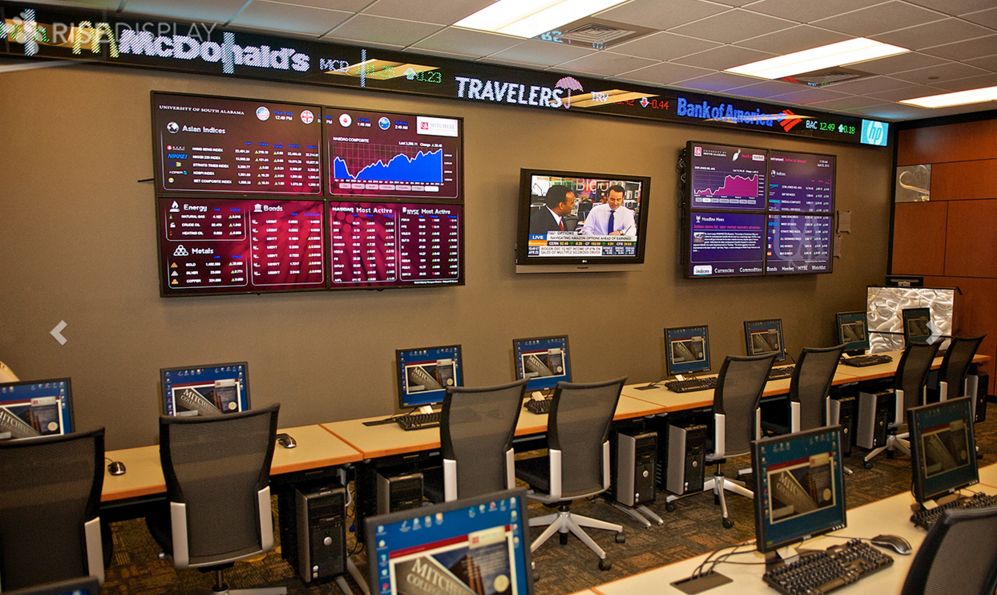

This is the most versatile and highest degree you can get compared to degrees at trade schools and community colleges. If you take this option, make sure the courses you take are transferable and that you're doing the necessary work to make yourself eligible to transfer.įour-year colleges can be public or private, and the vast majority are non-profit.Īfter successfully finishing a program at a four-year college, you get a bachelor's degree. Many students start at a community college and then transfer to get a four-year college degree. Community colleges often have sports teams, clubs, and on-campus residents, but many community college students commute and are only at school for their classes.Īlso, you have the option of transferring from a two-year community college to a four-year college. However, there are fewer options compared to students at four-year colleges. Socially, there are more options for students at community colleges than there are for students at trade schools. The average cost to complete a trade school degree (1-2 years) is $34,740. In 2022, the average tuition and fees for a year at a public two-year college for in-district students was $3,860, and the average at a public four-year college for in-state students was $10,940. Admission is mostly open enrollment: high school graduates or students 18 or older can attend.Ĭommunity colleges tend to be the cheapest of all the college options. Like trade schools, some community colleges give diplomas or certificates to students who complete a program to practice in a specific field like cosmetology or nursing. Most community colleges are public, but there are private ones, which are usually referred to as junior colleges.
Trading school professional#
Students just attend their classes and get their professional training.Ĭommunity colleges award associate degrees at the end of two years. There's really no extracurricular involvement or on-campus culture at trade schools.

At the end of a program, you can get a diploma or certificate, prepare for a licensing exam, or become an apprentice or journeyman in a skilled trade. The focus of trade schools is on giving students hands-on experience directly related to a specific job. As opposed to community colleges and four-year colleges, many vocational schools are for-profit businesses. Trade school programs are the shortest they run from less than a year to up to two years. I'll outline the biggest differences between each type of school for you here. When you're deciding your path, it's important that you know the major differences between trade schools, community colleges, and four-year colleges. The Differences Between Vocational Schools, Community Colleges, and Universities Here are some of the jobs you can do with a degree from a trade school: Again, these schools are designed to prepare you for a job in a specific field. If you complete a program in plumbing, you can get a position as a plumber. For example, once you complete a dental assisting program, you can get a job as a dental assistant. What Can You Do With a Degree From a Trade School?Īfter completing a trade school program, you can get a job directly related to the field you studied in your vocational school program. For some programs you can earn an associate degree, which is the degree you get from a two-year college. Usually, upon completion of the program, you'll receive a diploma or trade certificate acknowledging you successfully finished. Unlike a four-year college, you don't graduate from a trade school with a bachelor's degree. Program lengths vary, but typically, they can range from anywhere from eight months to two years. Trade schools can be public or private, but many are for-profit businesses.Īt a trade school, you can get a degree in fields like information technology, nursing and health sciences, automotive technician training, and medical assisting. Examples of trade schools include UEI, American Career College, and Chamberlain University. Also, I'll thoroughly describe the differences between trade schools, community colleges, and four-year colleges.Ī trade school, sometimes referred to as a vocational school, technical school, or vocational college, is a post-secondary institution that's designed to give students the technical skills to prepare them for a specific occupation. In this article, I'll explain the benefits and potential disadvantages of trade schools. Attending a vocational school can be an excellent option for those who want to get the necessary training to secure a good job quickly. If you want to advance your skills and education but are unsure if a traditional four-year college is for you, you may want to consider a trade school.


 0 kommentar(er)
0 kommentar(er)
